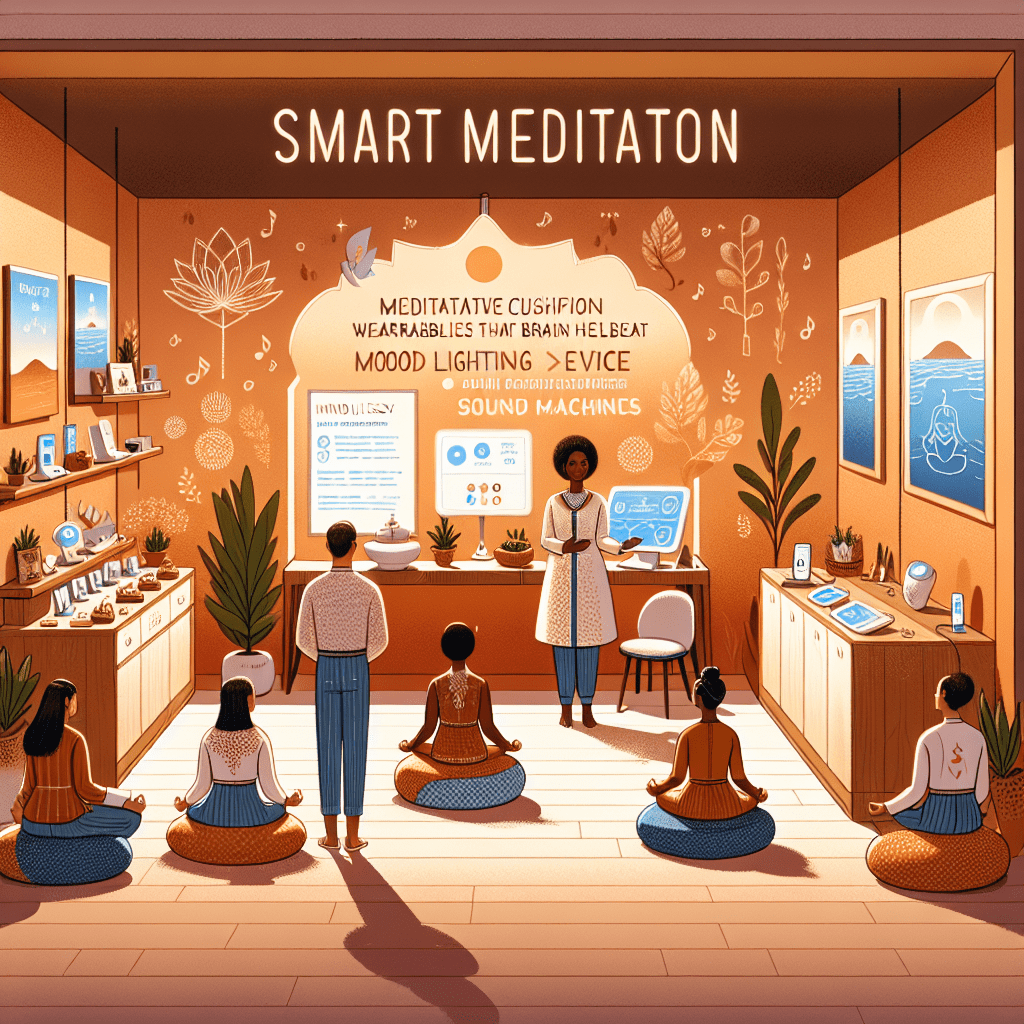
Prioritize your mental well-being daily. Enhance your life by nurturing your mental health with the Smart Meditation app. Break free from stress, alleviate anxiety, and enhance your sleep quality starting today.
Is Deep Sleep Considered Meditation?
Unraveling the Mysteries: Deep Sleep & Meditation
In the hustle and bustle of our daily lives, the quest for rest and tranquility often leads us to explore various avenues – one of the most intriguing being the relationship between deep sleep and meditation. Are they siblings, distant cousins, or mere acquaintances in the grand scheme of wellness and mindfulness? Well, buckle up, because we’re about to dive deep (no pun intended) into the heart of this curiosity.
The Deep Dive: Understanding Deep Sleep and Meditation
First off, let’s get our definitions straight. Deep sleep, or slow-wave sleep, is that blissful state where our brain waves slow down, our body repairs itself, and we are as close to being oblivious to the external world as we can get without actually leaving the building. On the other side of the coin, meditation is a conscious practice where the goal is to heighten awareness, bring about a state of mental clarity, and achieve emotional calmness, often through techniques like mindfulness or focusing on a particular thought or object.
Now, at first glance, these two might seem as if they’re playing in different ballparks. But, hold your horses! The plot thickens when we delve into the effects both have on our grey matter and overall well-being.
Not All Who Wander Are Lost: The Effects
While deep sleep is a passive state that we slip into, the effects it has on our brain are somewhat akin to the active engagement of meditation. Both processes give our noggins a much-needed break from the day’s chaos, reducing stress, enhancing memory, and even boosting creativity. It’s like giving your brain a spa day; whether it’s hitting the sheets for some Z’s or sitting in lotus position going “Om”, the benefits overlap.
Ever heard of the idiom, “killing two birds with one stone”? That’s kind of what’s happening here when it comes to stress relief and brain health. Both deep sleep and meditation reduce cortisol levels – that pesky stress hormone – and give our emotional resilience a leg up. It’s a win-win situation, really.
So, Are They The Same Thing?
Here’s where it gets tricky. While meditation and deep sleep may be distant cousins in the realm of relaxation and mental health, they’re not exactly the same thing. Think of meditation as the occasionally visited cafe where you sit down, sip your coffee slowly, and consciously choose to unwind. Deep sleep, on the other hand, is more like crashing into bed after a long day – necessary, rejuvenating, but not a conscious act of relaxation.
Furthermore, meditation can be a gateway to improving the quality of deep sleep. Ever tried counting sheep or focusing on your breathing to drift off? That’s a meditative technique to nudge you towards the land of nod. So, while deep sleep itself isn’t considered meditation, the practices surrounding meditation can dramatically improve the way we catch those nightly Z’s.
The Bottom Line
To put a long story short, while deep sleep and meditation share some remarkable benefits, putting them in the same basket wouldn’t do justice to either. Each has its unique place in the tapestry of our wellbeing, with deep sleep being a natural, unconscious process and meditation a deliberate, conscious practice. Incorporating both into our lives? Now, that’s the real ticket to unlocking a more relaxed, mindful existence.
By understanding their differences and embracing their respective values, we can create a harmonious balance between the two, ensuring that our minds and bodies are getting the full spectrum of rest and relaxation they deserve. Who knew catching some shuteye and a bit of mindfulness could be such a game-changer?





